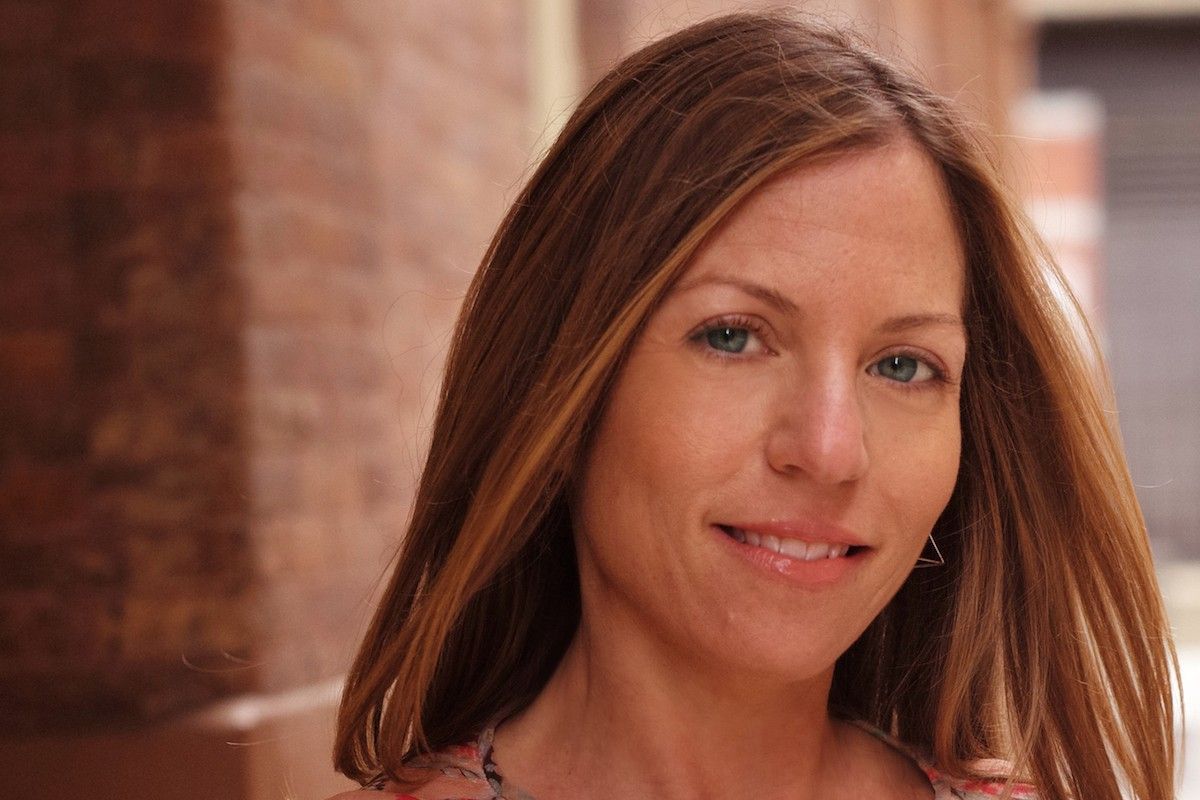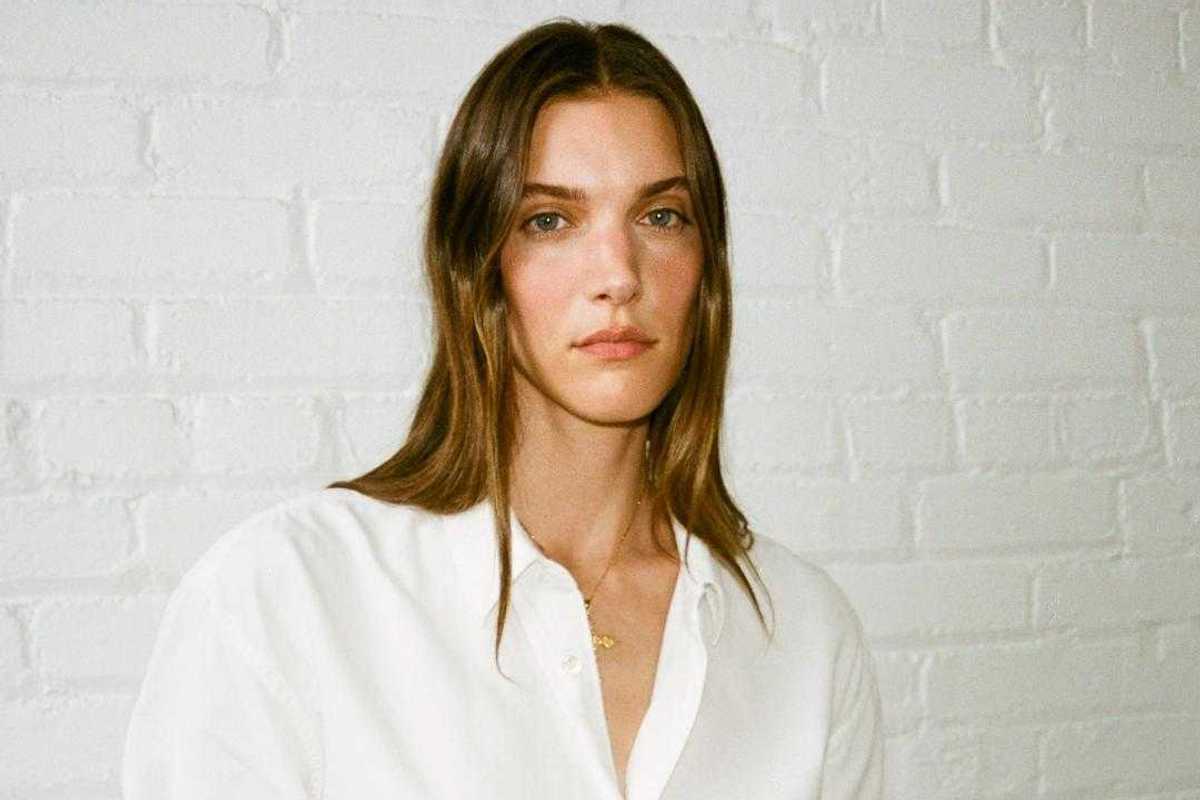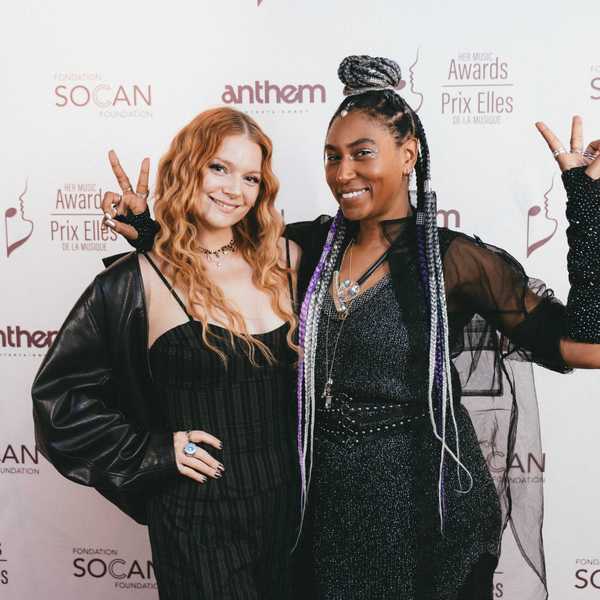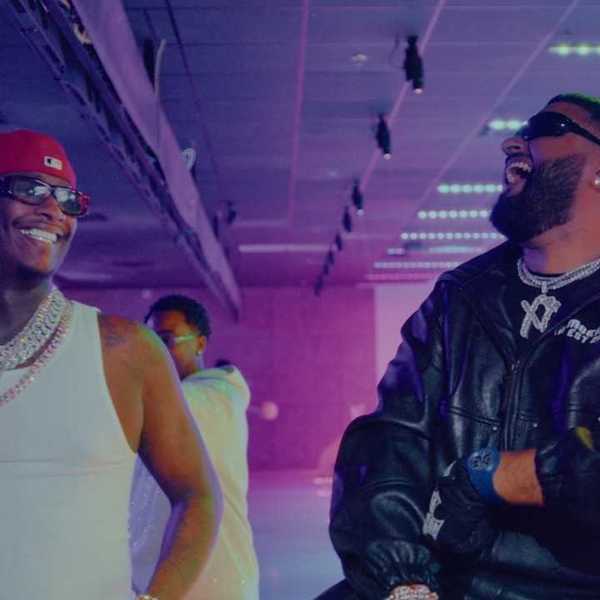How YouTube Aims to Support Canadian Artists In the Age of AI
Vivien Lewit, Global Head of Artists at YouTube, took some time to talk about the Google-owned video streaming giant's partnership work with Canada's music industry and how they're moving into the future.

Vivien Lewit
Like many major labels and streaming companies, YouTube has a major presence in Canada. For artists and content creators, it provides access to an audience that stretches beyond our borders.
"When you think about YouTube, the beauty for all artists and Canadian artists is the global reach," says Vivien Lewit, Global Head of Artists at YouTube, in an interview with Billboard Canada, after a recent trip to Halifax for the Juno Awards. "There are over two billion really logged in viewers that watch music videos each month on YouTube. The exposure is enormous."
With the Online Streaming Act becoming law, digital distributors and media will soon face updated government regulation and possible new forms of CanCon requirements. YouTube and its parent company Google have been critical of the act ever since it was introduced as Bill C-11. But much of the company's criticism revolved around user-created content, which has since been clarified as immune from certain forms of regulation. YouTube maintains an ongoing partnership with record labels in Canada led by Canadian Head of Music Partnerships, Gabriel Obadia.
Hip-hop artist TOBi won two rap awards at the Juno Opening Night Awards, which Lewit attended, and she was excited to see the recognition for someone in YouTube's Black Voices Class of 2023. The program gives creators, artists and songwriters dedicated funding and support, workshops and mentorship and other benefits to grow their channels. As part of the program, TOBi travelled to Los Angeles for a songwriter camp, where Lewit met him.
YouTube has a number of marketing and support initiatives and programs, and Lewit says they make sure to promote Canadian artists as part of all of them. Those include features like Artist on the Rise, which profiles local rising artists on the explore tab in Canada, and Fifty Deep, another grant program to support Black artists, songwriters and producers. This year, Francophone Quebec rapper Lost was a participant.
YouTube Shorts is the platform that most aids discovery and amplification, says Lewitt. The bite-sized video platform, optimized vertically for phones, can give users a taste of artists and let them interact with music through their own uploaded content. It's been a big driver for artists like viral pop duo Crash Adams (not coincidentally, also a success on TikTok) and artists that are part of the Punjabi Wave, like Karan Aujla. The B.C.-based artist and his collaborator Ikky made YouTube's list of most-watched music videos in Canada in 2023, and Aujla has 1.66 billion global plays in the last year. Numbers like those are hard to ignore, and those, along with streaming tallies, proved the potential of Punjabi music well before the Canadian music industry started to support it.
"It's fascinating because I hear about the fast-growing popularity of Punjabi music in Canada from both our teams in India and our teams in Canada," Lewit says.
In Canada, those YouTube numbers will now be recognized by Music Canada's Gold/Platinum Singles Program. So, as in the U.S. since 2020, an artist with high stream counts on YouTube (or other Digital Service Providers like Apple Music) could earn a gold or platinum record.
How YouTube Is Approaching AI
That's an arguably overdue recognition of one way technology has changed how people listen to and consume music, but there's another big and controversial one that's becoming more urgent by the day: generative AI.
Last year, a song called "Heart On My Sleeve" was created by a user mimicking the voices of Drake and the Weeknd with AI tools. It quickly racked up millions of views and streams across platforms, including YouTube, was soon pulled from streaming, and became a warning sign that AI might be moving faster than the music industry could respond to it unless it acts quickly.
"That was the moment that for me, it really clicked," says Lewit. "It was really important from that moment to consider how we would partner with the music industry to address it."
Now, Drake just reignited the debate himself, using AI to rap in the voices of 2Pac and Snoop Dogg to diss Kendrick Lamar on "Taylor Made Freestyle."
In a way, Lewit has been through a technological sea change like this before. She started in the music industry as an attorney in the mid-1990s, just before Napster disrupted physical CD sales.
"As an artist representative, I went through all the shifts and impacts and disruptions that happened to the industry from file sharing," she says. "That was probably one of the most seismic shifts that has happened in the industry. AI has brought us to yet another cusp of a new creative era and one that also can impact distribution in several ways. There are tremendous possibilities associated with AI, yet complexities and problems for us to solve at the same time."
At the beginning of April, Billie Eilish, Nicki Minaj and 200 other artists signed an open letter against "the predatory use of AI to steal professional artists’ voices and likenesses, violate creators’ rights, and destroy the music ecosystem." The letter, issued by the non-profit Artist Rights Alliance, calls on "all digital music platforms and music-based services to pledge that they will not develop or deploy AI music-generation technology, content, or tools that undermine or replace the human artistry of songwriters and artists or deny us fair compensation for our work.”
YouTube has not shied away from AI. In fact, they've introduced a handful of AI tools for musicians and creators. But Lewit says they're being careful to do it in a responsible way, and working with their label partners to make sure they're supporting artists' rights.
Last summer, YouTube introduced a set of principles for AI. "AI is here, and we will embrace it responsibly together with our music partners," says the first one. "It is critical that we move forward in partnership with the music industry," echoes Lewit. "And that includes the voices of the creative community as well: artists, songwriters and producers."
At the same time that they announced their principles, YouTube also announced an "AI Music Incubator" with help from Universal Music Group and input from artists like Anitta, Max Richter, the estate of Frank Sinatra and Björn Ulvaeus from ABBA. Then they introduced Dream Track, which gave a group of YouTube creators access to AI versions of Alec Benjamin, Charlie Puth, Charli XCX, Demi Lovato, John Legend, Papoose, Sia, T-Pain and Troye Sivan to create unique 30 second soundtracks for their Shorts.
A Dream Track Short with an AI Charli XCX soundtrack
Labels and distributors now have the ability to request take-downs of third-party content uploaded to YouTube that uses the unique voice of one of their artists. And for anyone who uses AI in an uploaded video, there is now a requirement to disclose any "synthetic content."
In the technology's early days, there can still be a scarlet letter aspect for artists who choose to engage with it. Nobody wants to be seen as a scab for artificial labour. But Lewit says there's a recognition that AI isn't going anywhere, and argues that it's better to figure out how to use it the best and most responsibly before it's too late.
"I think doing [these experiments] quickly is about testing and learning, to get real world feedback on things that will be valuable for artists and songwriters and producers and the industry at large," she says. "We want to set a high standard for the future for artists, songwriters, producers, creators, labels and our publisher partners to succeed. And that can then benefit the ecosystem on YouTube, [from] the creators to the fans."

















